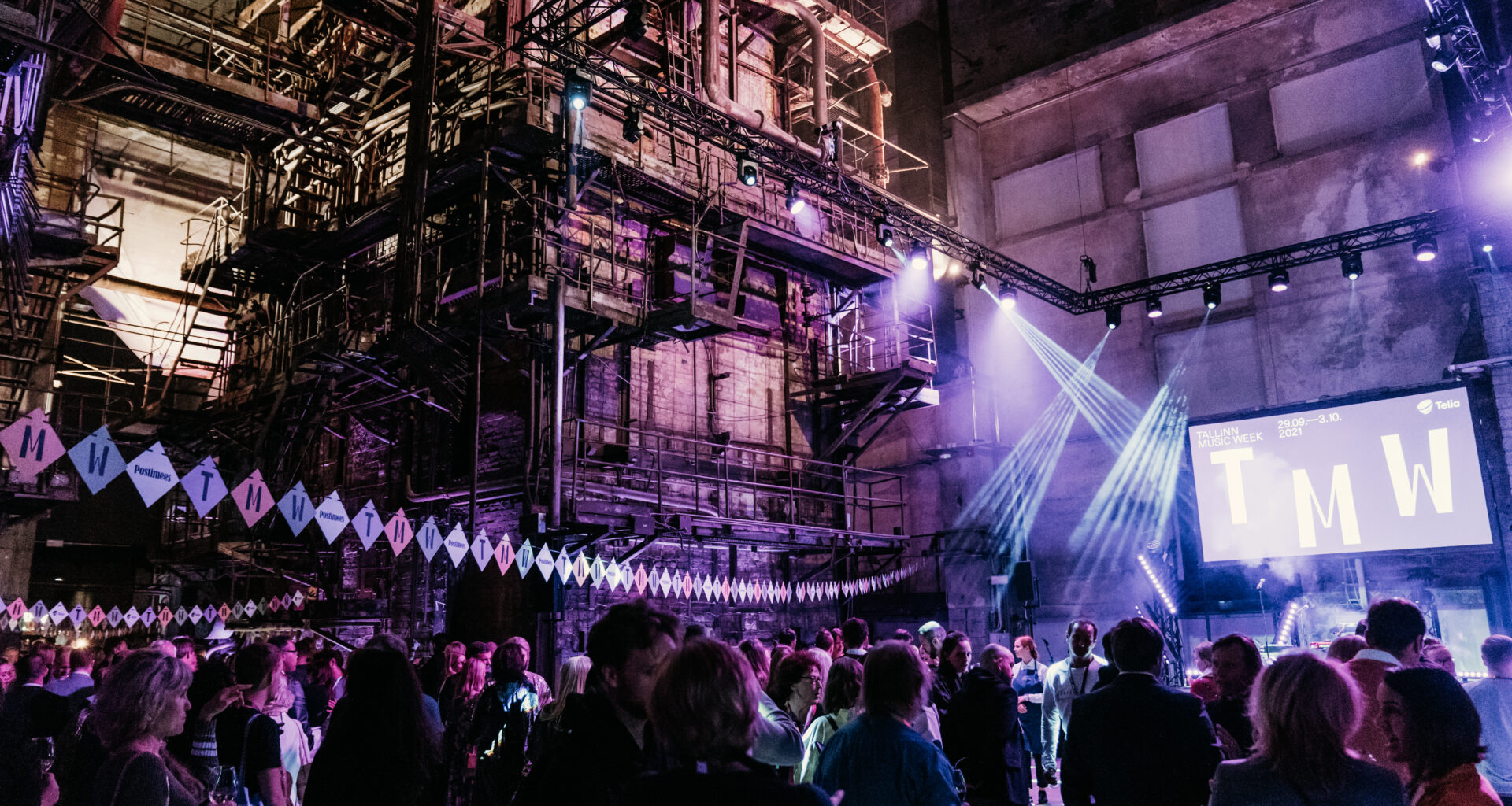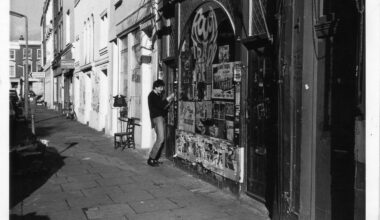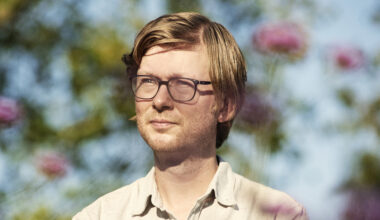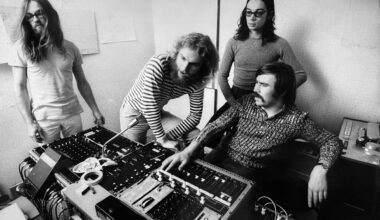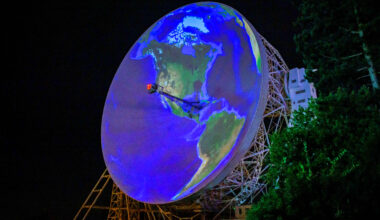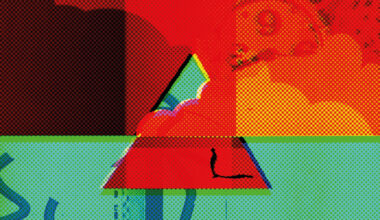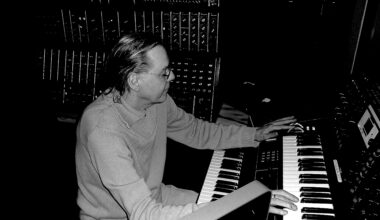Showcasing the sights and sounds of Estonia’s eclectic electronic scene, we pay a visit to Tallinn Music Week
Want to read more?
Sign up to Electronic Sound Premium to gain access to every post, video, special offers, and more. 100%, all you can eat, no commitment, cancel any time.
Already a premium member? Log in here
